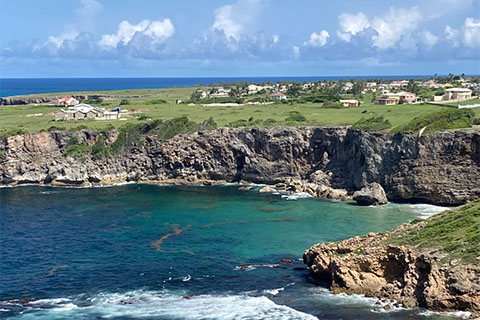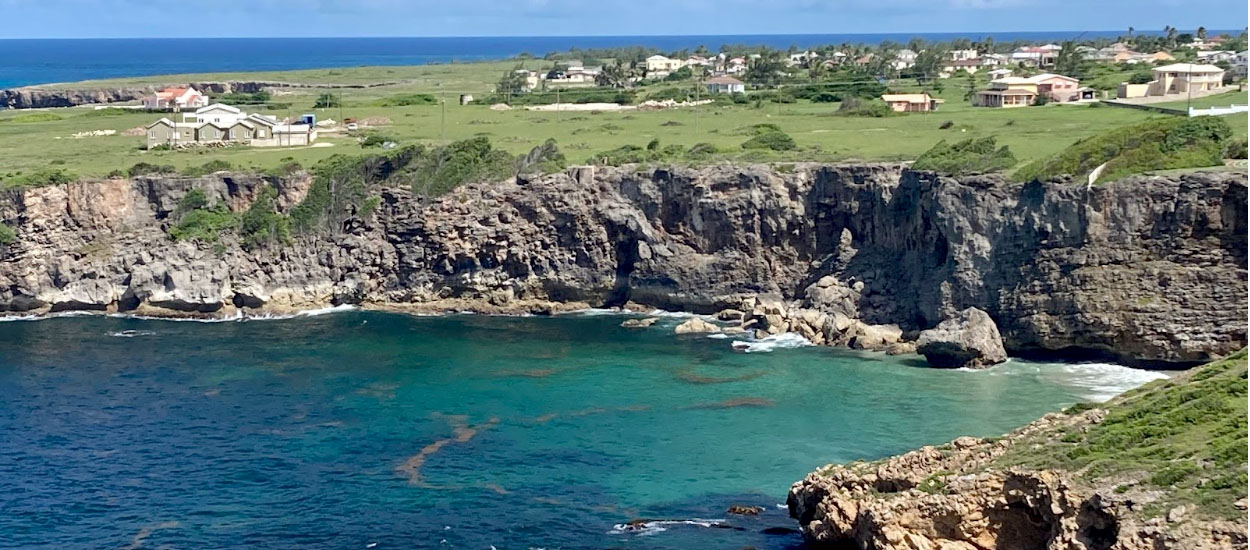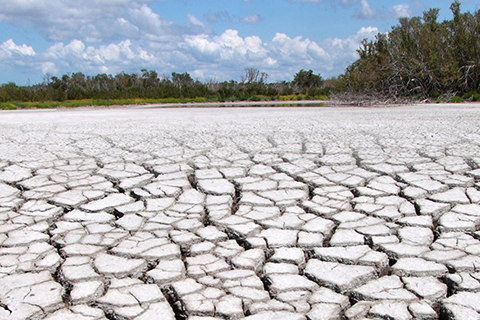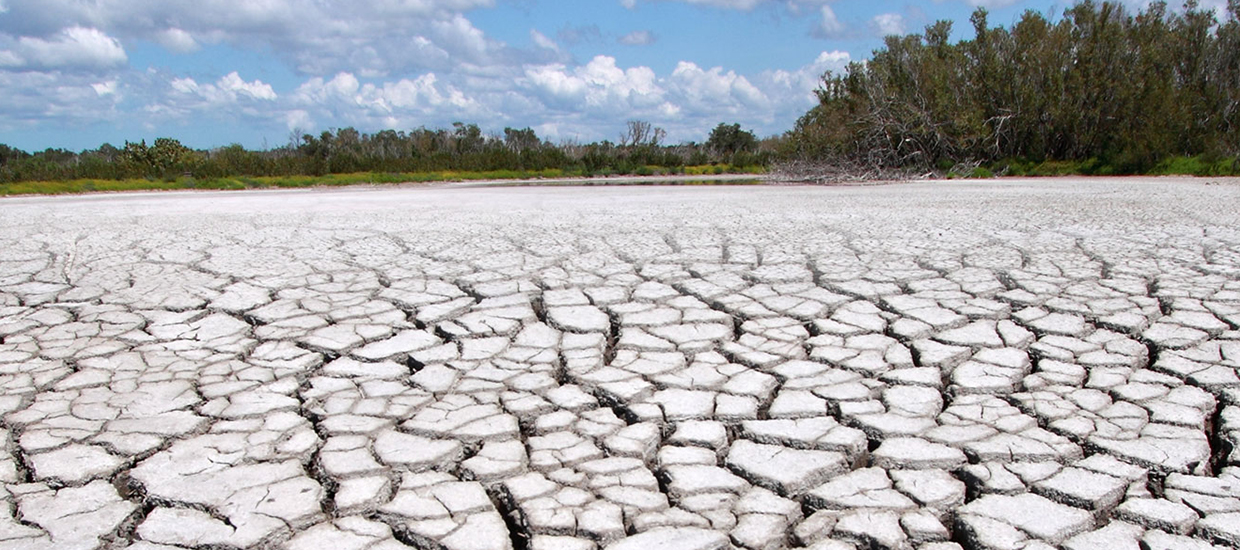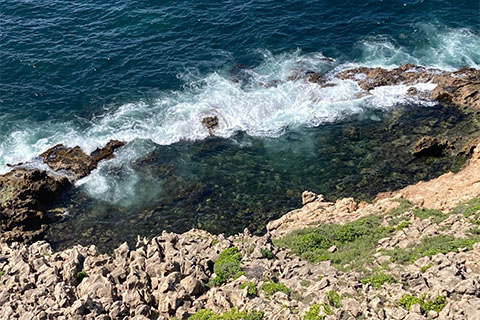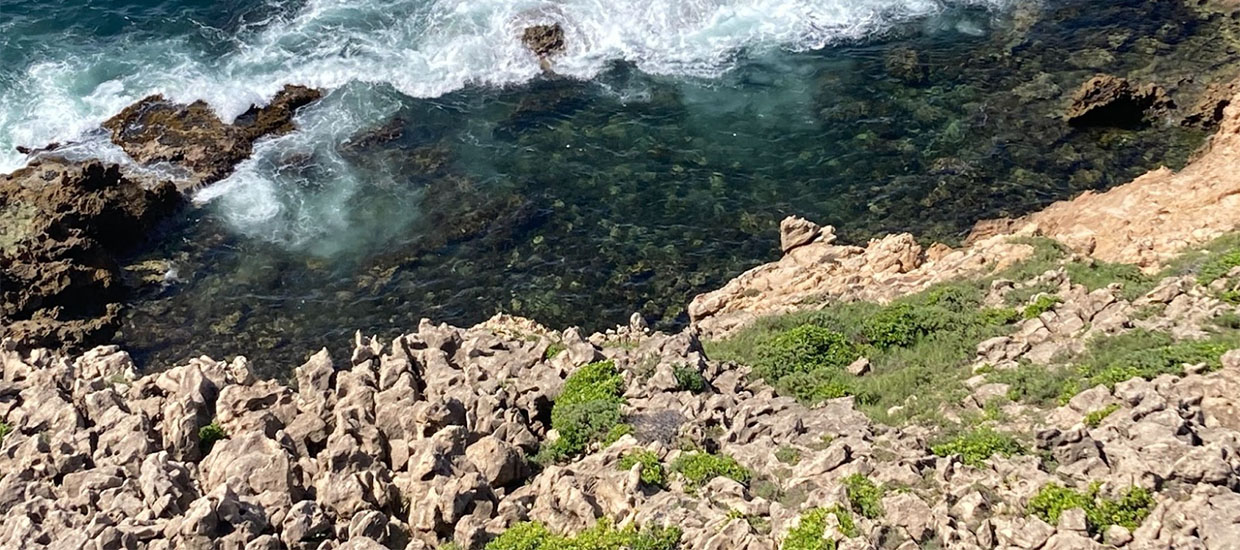Climate change, rising sea levels, and extreme weather events pose crucial challenges for science and society.
The Climate and Society MPS track emphasizes the relationship among weather, climate, and societal impacts and responses, including risk management, legal frameworks, the development of more resilient urban systems, and the built environment. The track draws on the University of Miami’s depth and breadth of interdisciplinary research, offering opportunities to partner with the Climate Resilience Academy, the Miller School of Medicine, the Department of Geography, the College of Engineering, and the Schools of Law and Architecture, among others. Graduates find employment in government, insurance and finance, energy, and other weather-impacted industries..
Prerequisites:
Bachelor’s degree in any field; previous coursework in science or policy strongly recommended
Course topics:
Climate change, Geographic Information Systems (GIS), climate change and public health, environmental planning, law and policy
Example job titles:
- Physical scientist
- Resilience Coordinator
- Environmental Consultant
- Climate Risk Analyst



